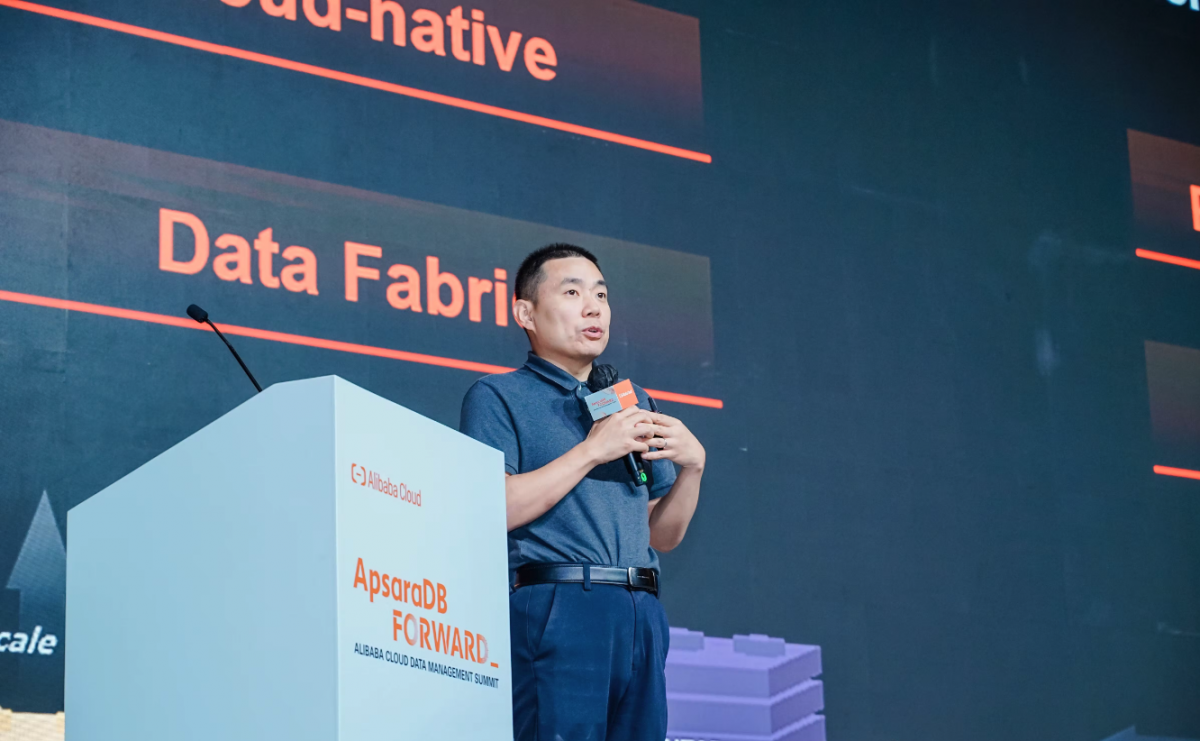
Photo credit: Shutterstock
Alibaba Cloud is building a suite of digital tools and platforms to help corporate customers leverage generative AI technology, executives shared during the company’s Data Management Summit in Jakarta last week.
The cloud computing company added a vector engine to its AnalyticDB data warehousing service, enabling corporate clients to build custom generative AI applications faster.
These developments come as businesses look to customize AI models with their data and industry-specific knowledge to boost productivity.
“To make the best use of large language models and general AI technologies, you need more than just large language models alone. You need a suite of technology working in harmony, hand in hand,” said Li Feifei, President of Database Products Business at Alibaba Cloud, during a panel discussion at the summit on July 25.

The latest update cuts the time needed to create a pre-configured AI application to as little as 30 minutes, according to Alibaba Cloud.
Its development follows an agreement between Alibaba Cloud and seven companies to build customized AI models for industry-specific applications based on the generative AI model Tongyi Qianwen.
Unlocking Potential
Until recently, it was difficult for traditional databases to manage complex data such as images, audio recordings, videos and text, also known as unstructured data.
This is because despite being on track to account for around 80% of all data worldwide by 2025, according to IT research and advice agency International Data Corporation, unstructured data defies conventional formatting by having no predefined organization like numerical datasets.
Enter Alibaba Cloud’s Analytic DB vector database that can turn unstructured data into a compressed mathematical state that AI models can understand. This format translates files into lists of numbers for generative AI models to process quickly.
Corporate users can input sector-specific knowledge into their vector databases, build domain-specific generative AI models and create content with more sector-specific details.
This has the potential to increase the industry-specific knowledge of large language models, which is one of the largest constraints facing generative AI models, according to Li.
“We look forward to further investing in our cloud-native database systems and finding new ways to help our customers grow amidst a rapidly changing business landscape,” he noted in a statement.




